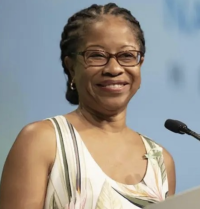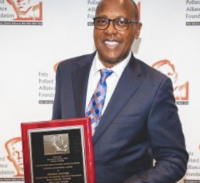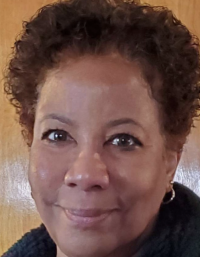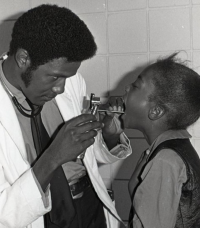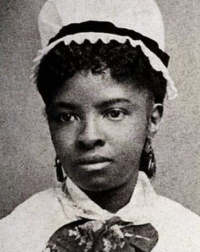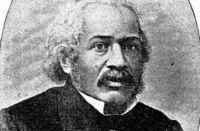February is Black History Month
Feb 22, 2022
February is Black History Month
Since 1976 the United States and Canada have designated the month of February to recognize the contributions of people of the African diaspora.
The College of Health Sciences took the time to recognize and honor some of our own Black alumni and students throughout the month. We wanted to celebrate their success while also acknowledging both historical and current inequity and the work that each of us must do to dismantle systemic racism.
We also hoped members of our community would join with the MLK Center for their events throughout the month.
If you missed them, we’d like for you to see what we’ve shared over the past month:
Stories on our Website:
‘I Felt Completely Comfortable to be Myself’
Ariel Allman says she never considered coming to Kentucky for school. In fact, she never considered coming to Kentucky for anything.
She thought the state of Kentucky, as well as the University, would be a bit different. And, to be honest, she thought that maybe a person of color like herself may have a difficult time in an environment like that.
Then she visited campus. And everything changed.
RHB Student Wins Leadership Legacy Award
We are so proud to share the news that Ke’La Porter, MS, LAT, ATC, CSCS, who serves as the student member of the DEI Committee, has been selected as the graduate student recipient of the inaugural Leadership Legacy award presented by the MLK Center. The Leadership Legacy Award is given to both an undergraduate and graduate student who embody the spirit of Dr. King’s legacy of thoughtful leadership and trailblazing vision.
UKPA Class of 2023 Students Win PSA Video Contest
A group of 23 students, led by director Jasmine D. Collins, won the top prize in the Red Ribbon Week Video PSA Contest, which included a plaque and $5,000 to support efforts to prevent alcohol and other drug misuse among students.
'I Just Want to Thank Them so, so Much'
It was a small bump on the neck, she says. Warm to the touch.
She hadn’t even noticed it until a nurse brought it up during a routine examination.
Right then, Vivian Lasley-Bibbs' life changed forever.
Facebook and Instagram:
We’ve also taken the time to utilize our Facebook and Instagram pages to feature famous Black health care pioneers, like:
Dr. René Revis Shingles
Shingles was the first African American Woman inducted into the National Athletic Trainers’ Association prestigious Hall of Fame in 2018. She was the 13th female African American to be an Athletic Trainer in the United States. She also served in the Olympics as an Athletic Trainer in Atlanta, Georgia. She continues working as a professor for the University of Central Michigan to this day.
Ronnie Barnes
Ronnie Barnes was the head athletic trainer for the New York Giants. He was also the senior Vice President of medical services and the first African American head athletic trainer for the NFL! He was awarded the lifetime achievement award from the Giants.
Dr. Marsha Grant-Ford
Dr. Ford was the first African American woman to become a certified Athletic Trainer. Not to mention, she was the youngest and first African American head athletic trainer in the NBA. She has truly impacted the world for the better.
Prentiss Harrison
He was the first African American Physician Assistant (PA). Not only was he the first, but he also helped educate other African Americans so they could become PAs, too. He was a student and graduate student at Duke, and was employed there, as well as at Princeton University. He then went on to open his own clinic called the I-10 Family Clinic in Houston, Texas.
Dr. Rebecca Crumpler
Crumpler was the first black woman to be awarded a medical degree from a U.S. college. Dr. Crumpler graduated from New England Female Medical College in Boston in 1864 — the first black woman awarded a medical degree from a U.S. university. Dr. Crumpler achieved this feat at a time when women, regardless of race, were largely barred from secondary education or higher learning opportunities. She published her Book of Medical Discourses in 1883, which drew information from her clinical experiences to help women better care for the health of their families.
James McCune Smith
James McCune Smith is another African American doctor who changed the world of medicine. He was born into slavery in 1813 and had his sights set on being a doctor. He was denied from American colleges, but attended a University in Scotland where he earned his medical degree. James McCune Smith moved back to the United States and opened up his own practice. This makes him the first African American to open their own practice!
(Information provided to UK College of Health Sciences Office of Creative Services by Dr. DeShana Collett)
